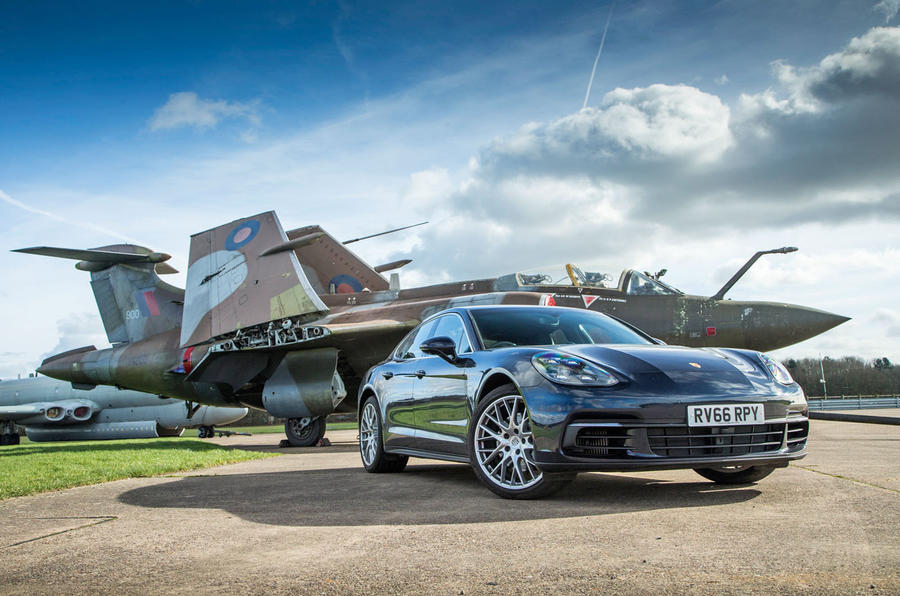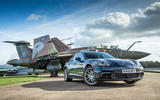When I joined Autocar almost 30 summers ago, the king of the diesels was the promisingly entitled Citroën CX DTR Turbo 2.
Compared with anything else we’d tested powered by the same fuel, it was a rocket ship, the oil-burning Bugatti Veyron of its day. And if you got it off the line just right, ignored the smell of burning clutch and timed your gearshift to perfection, it would not quite manage to get to 60mph in 10sec.
More normal 0-60mph times for diesels of the day were 17.5sec (Ford Granada), 15.8sec (Mercedes-Benz 190D) and 18.2sec (Volkswagen Golf). Diesel cars were not just noisy and filthy, they were also so slow that you’d consider chewing your arm off just to liven up the journey a little. I know. I can remember driving them.

Which made me think. Could 30 years of progress possibly mean that today there might be a diesel car that would reach not a mere 60mph in 10sec, but 100mph instead? To give you some idea of what we were asking, that would mean finding a diesel that would get from rest to three figures quicker than we managed in an Aston Martin GT8 or any current Bentley or Maserati we’ve tested. It would be quicker than a Porsche 718 Cayman S and the BMW i8.
There was only one candidate for the job. When we road tested it, the Porsche Panamera 4S Diesel did 0-100mph in 10.3sec, close enough for us to wonder if there was a way to make it the first diesel car ever to drop into single digits.
Our plan was simple: we’d cheat. All Autocar road tests are conducted with two people on board and a full tank of fuel. If I drove the car alone and with no more diesel in the tank than you might squeeze out of a small flannel, might that shave off those few annoying tenths while still being a representative test that any owner could repeat? We repaired to Bruntingthorpe Proving Ground in Leicestershire to find out.






























Join the debate
Add your comment
Talbot Horizon was the first
Citroen BX was a popular diesel with the XUD.
Even the Toyota Corolla and Honda Concerto (literally a rebadge of the 218D) used the XUD.
Then the Skoda Octavia diesel was the minicabbers weapon of choice, still is outside of London.
Get real, diesel is dirty
This is all you need to know about diesel. It stinks. The attempts to clean it over the past 30 years have failed - even Euro 6 cars produce huge amounts of NOx and particulates because the Euro 6 test is inadequate. All the independent tests show this.
Autocar is only defending diesel to keep its advertisers happy. There is no rational defence out on the street where people are having to breathe this stuff in. It's disappointing that the car industry in Europe isn't capable of joining the 21st Century.
Plus, in the final analysis, why would a petrol head like a rattling diesel anyway? The clue is in the name.
So nothing's changed since 1983
XUD